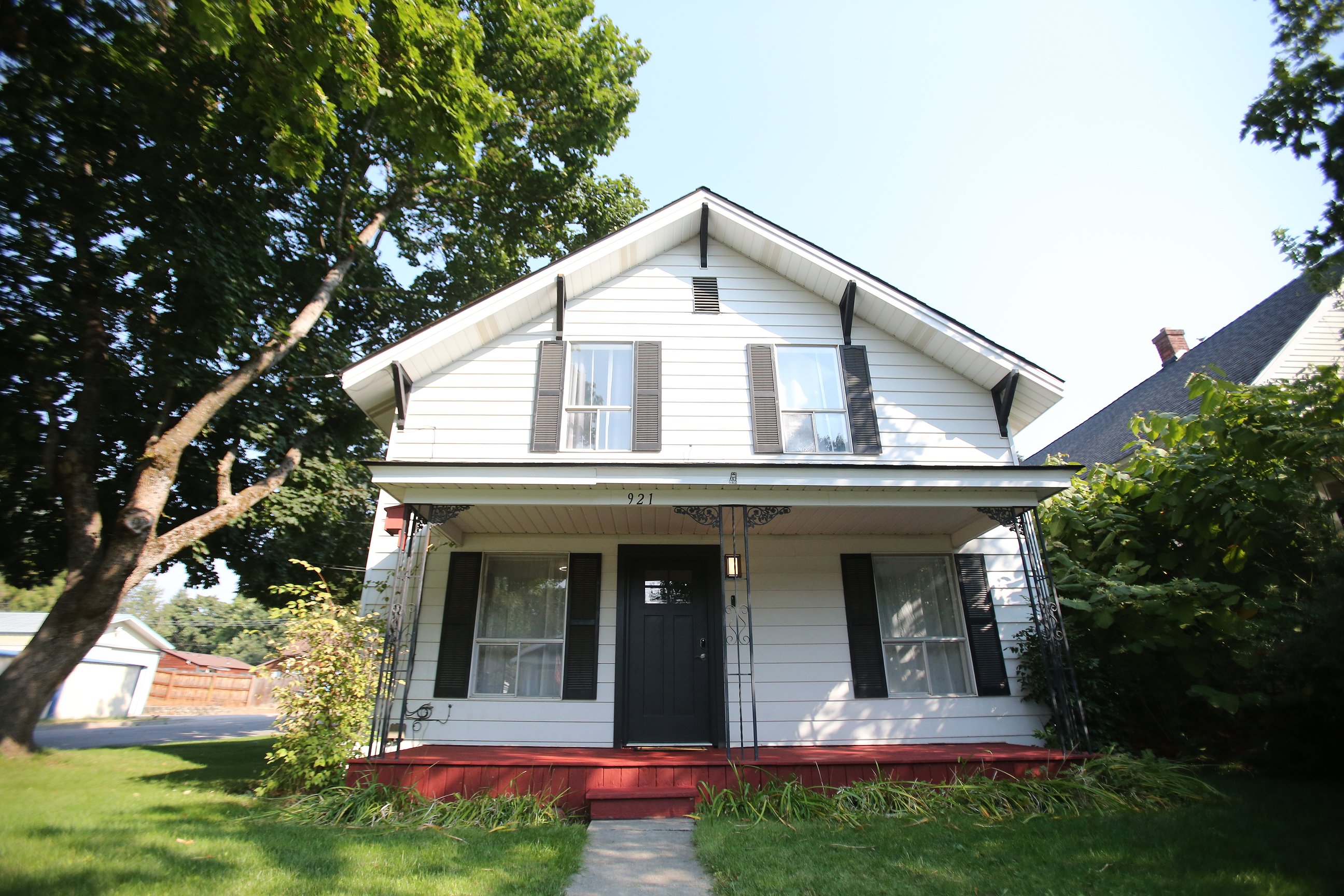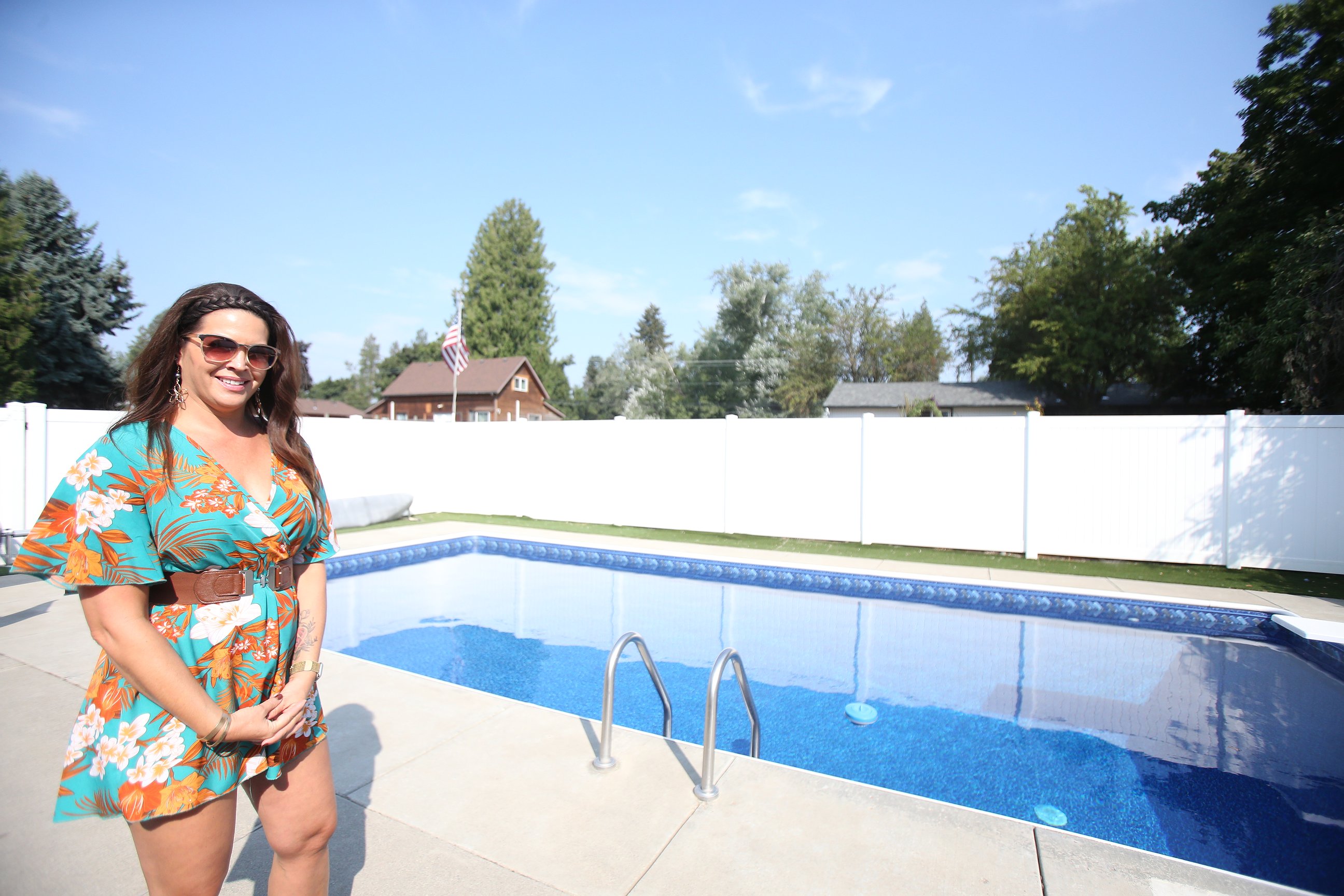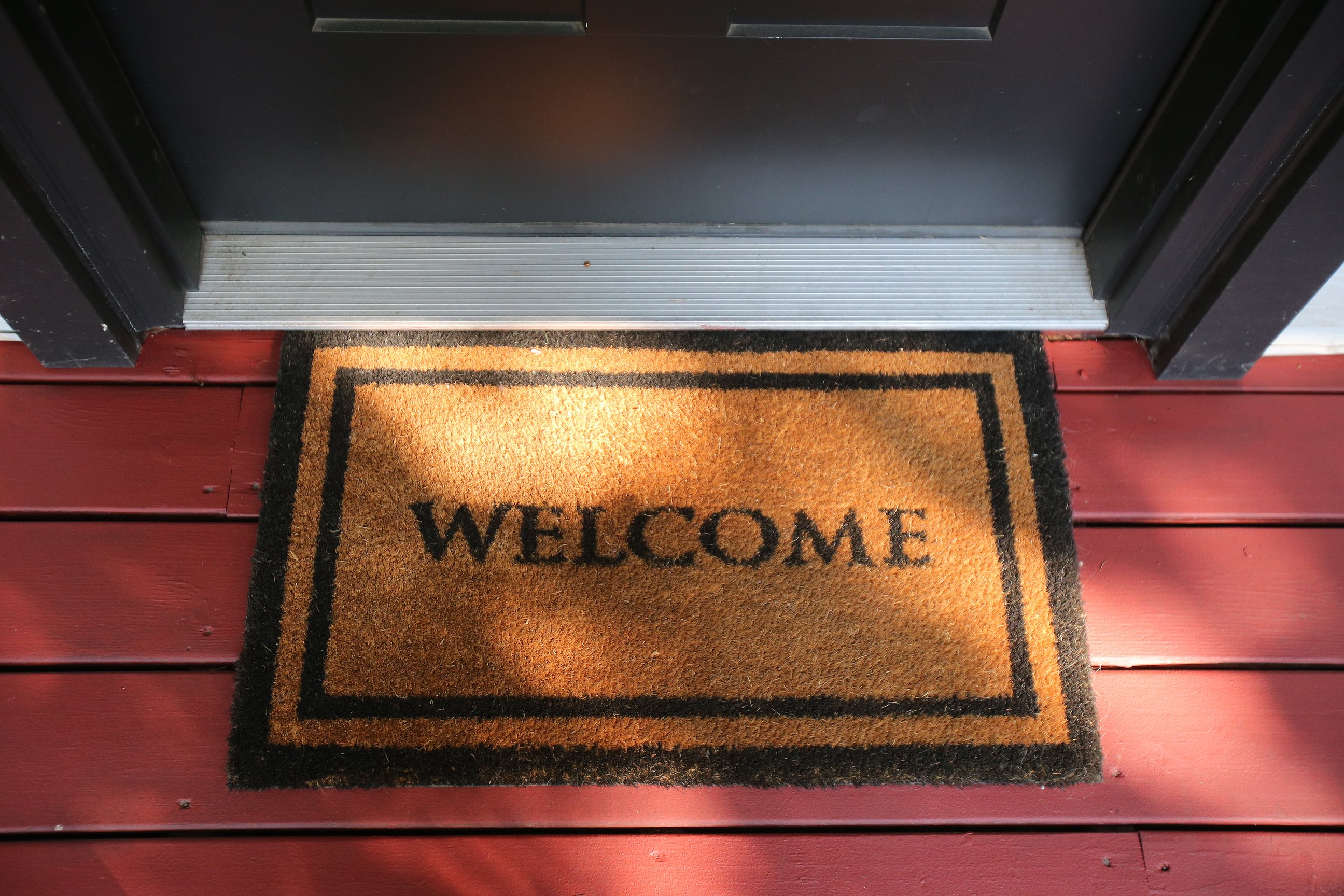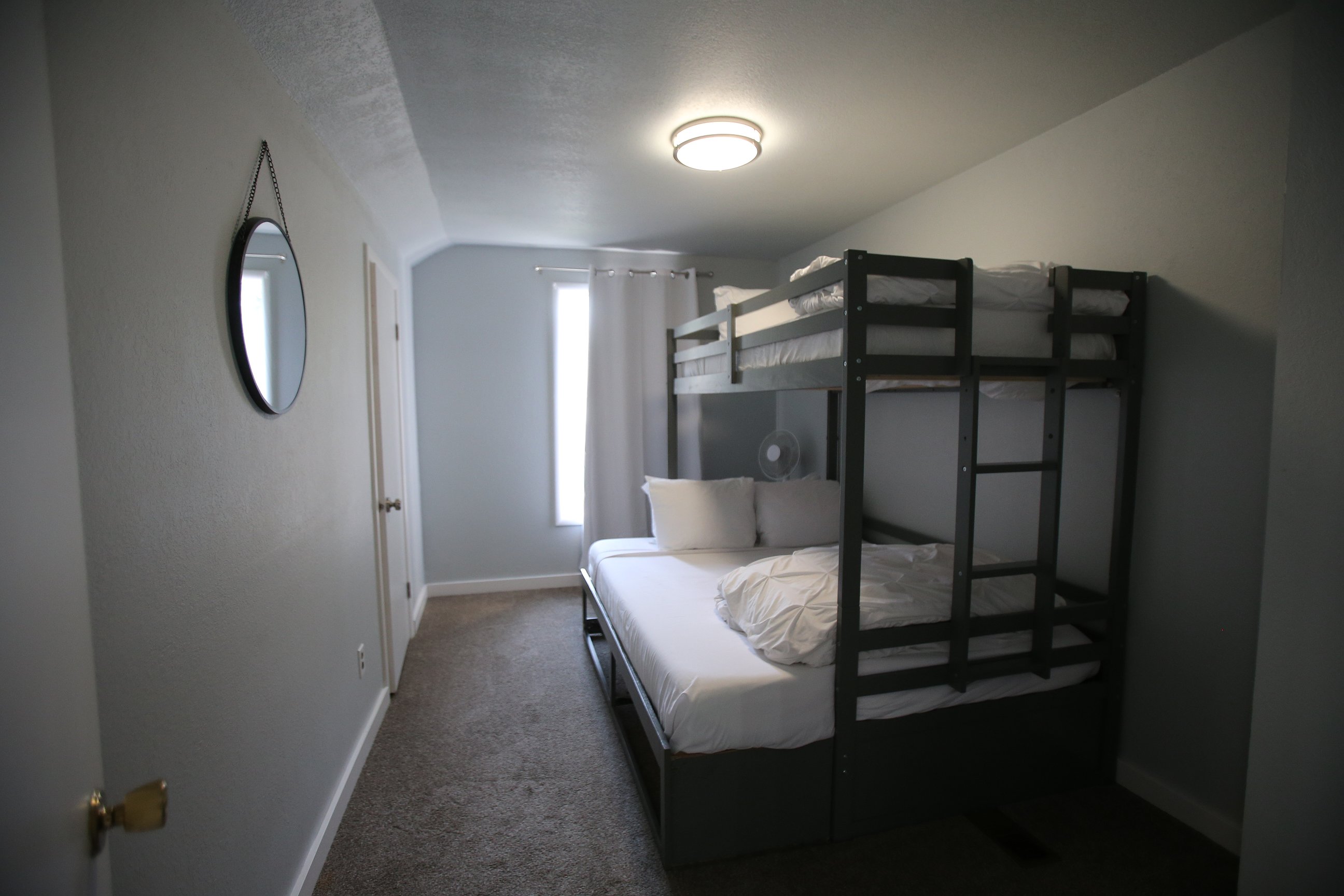From 'this old house' to 'this sold house'

Lisa Biondo, a Realtor at Windermere Coeur d'Alene Realty, discusses the process of flipping a house Sept. 9 while visiting a 1914 downtown Coeur d'Alene home she fixed up and just put on the market after using it as a short-term rental. “I kind of like the old and the new,” she said.
With enough funding, vision and elbow grease, investors can turn home restoration projects into profits.
Flipping a house requires work, strategy and foresight. When all the right pieces come together, sellers come out on top and buyers/renters enjoy freshly refurbished homes that often combine original charm with modern amenities.
“I kind of like the old and the new,” Lisa Biondo, a real estate agent with Windermere Coeur d'Alene Realty, said Sept. 9 while walking through a short-term rental home at 921 W. Mill Avenue that she recently restored. Biondo put the 110-year-old house on the market Sept. 6 after owning it for three years. The house, which has a pool in the backyard, has been updated with new paint, carpeting, countertops and more.
Biondo, a third-generation Coeur d'Alene resident, has been in real estate for 17 years and has been flipping houses for 10 of them.
"I’m definitely always looking,” she said. “It’s good to look and see what’s something different that can be done with the property that maybe not everybody’s going to see."
"Flipping" is a real estate strategy used by investors who purchase properties and fix them up with the intention to sell. For example, an investor might buy a $250,000 home that is in need of minor repairs. After maintenance and adding a few new amenities, the investor may have put $350,000 into the house that could now be sold for much more.
Every house is different, and every investor has a different vision.
“I’ve got houses before where I’ve put over $200,000 in them after the purchase," Biondo said, adding that she bought a small house in downtown Spokane recently that should only require a $30,000 investment.
However, it can be easy to lose money when flipping a house, “especially when you uncover things that you weren’t expecting and it makes your budget go up,” Biondo said.
"There’s definitely been times when I haven’t made as much as I thought I was going to," she said. "I’m fortunate that I’ve never lost anything, but I know other people who have."
According to Investopedia at investopedia.com, some mistakes investors make when considering flipping a house are as follows:
• Not enough money
"Dabbling in real estate is expensive," James McWhinney reported in his article, "Flipping Houses: How It Works, Where to Start and 5 Mistakes to Avoid."
"The first expense is the property acquisition cost," McWhinney wrote. "While low/no-money-down financing claims abound, finding these deals from a legitimate vendor is easier said than done. And if you’re financing the acquisition, you’re going to pay interest."
• Not enough time
As well as funding, time is also required when flipping a house. An investor may have to give up personal time and day job hours for demolition and construction during renovations.
"If you pay someone to do the work for you, you’ll spend more time than you expect supervising the activity, and the costs of paying others will reduce your profit," McWhinney wrote.
• Not enough skills
Industry professionals such as carpenters and plumbers frequently flip houses. Those who are not construction savvy will need to hire professionals to do the job.
"The real money in house flipping comes from sweat equity," McWhinney wrote. "If you’re handy with a hammer, enjoy laying carpet and can hang drywall, roof a house and install a kitchen sink, then you have the skills to flip a house."
• Not enough knowledge
Even if a person finds a steal of a deal through a foreclosure or other scenario, knowing which renovations are necessary is crucial for an optimal flip.
"You also need to understand the applicable tax laws and zoning laws and know when to cut your losses and get out before your project becomes a money pit," McWhinney wrote.
• Not enough patience
Professionals take their time and wait for the right property, McWhinney wrote, while novices rush out to buy the first house they see.
"Then they hire the first contractor who makes a bid to address work that they can’t do themselves," McWhinney wrote. "Professionals either do the work themselves or rely on a network of prearranged, reliable contractors."
It is possible to put too much money into a home in a less than desirable area.
"Definitely know your market and know your location," Biondo said. "I always look for a good location."
It's also important for potential investors to recognize red flags before signing on the dotted line. Bad cracks in walls usually means the home has a foundation problem, "and that’s going to be big money,” Biondo said.
Uneven floors can be a tell-tale sign of trouble, as well.
“Old houses are always going to have uneven floors just from settling and stuff, but I did do one that had a big hump in the middle and we couldn’t even get it out, so we had to repair floor joists,” Biondo said. “That was something I knew going into it, but it’s still always had a hump in the floor, and then it was a concern for buyers that something was wrong, even though we replaced floor joists.”
It's good to have connections with trusted carpenters, electricians, builders and others with industry knowledge, whether they are resources for information or performing the work for the investor.
Biondo also recommended those interested in flipping listen to real estate investing podcasts such as "BiggerPockets" to hear about good and bad experiences of those who have been through the process.
“Podcasts are wonderful,” Biondo said. “There’s so much information out there.”














